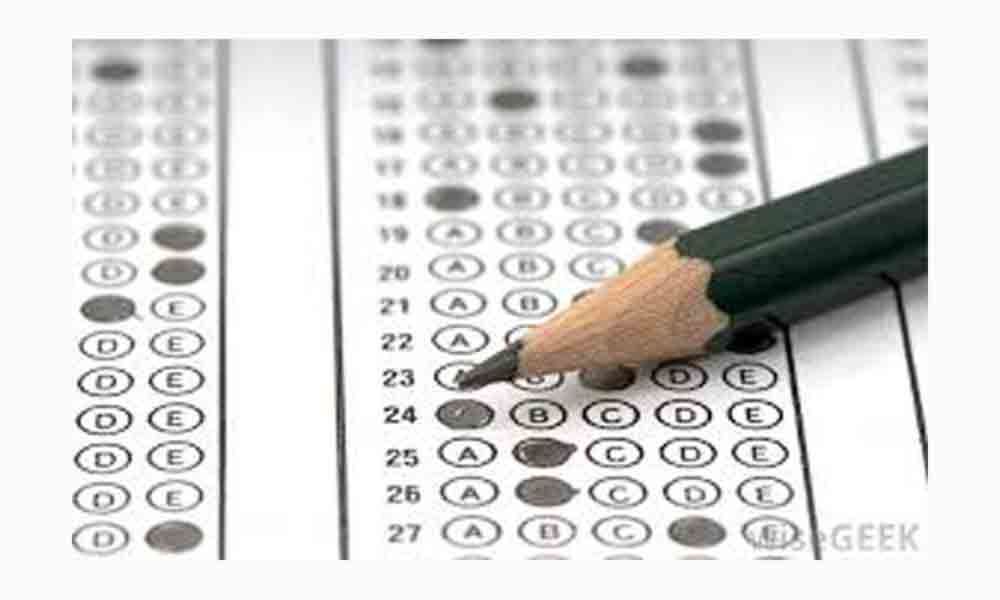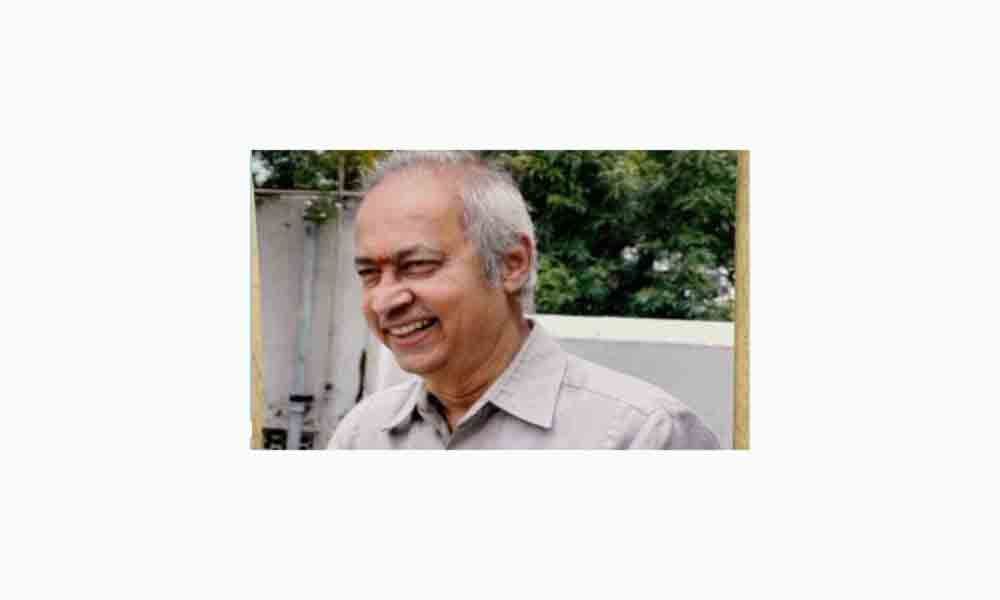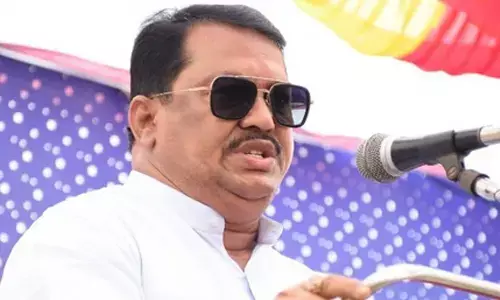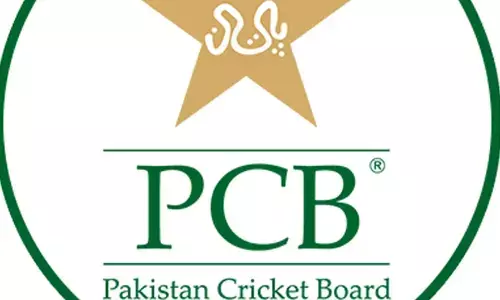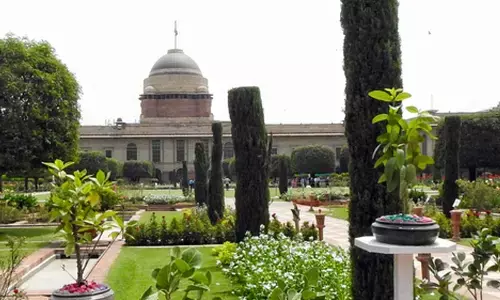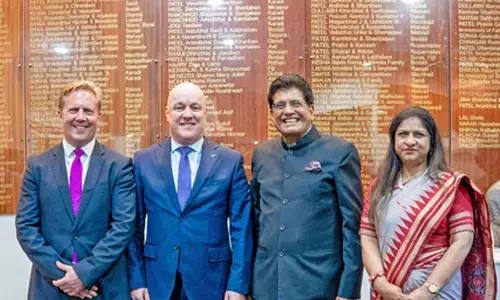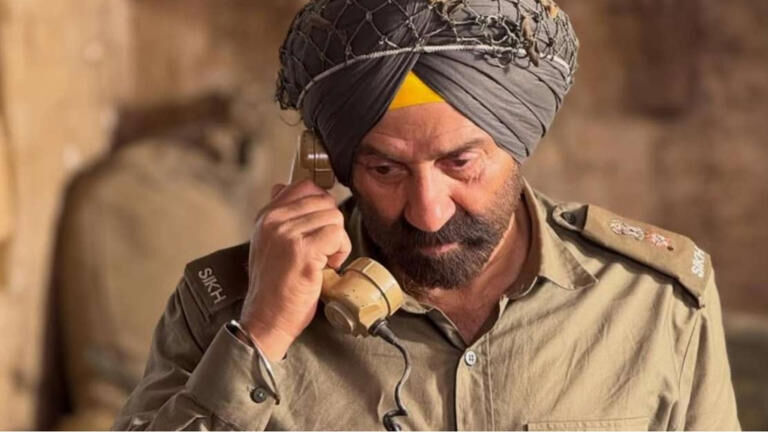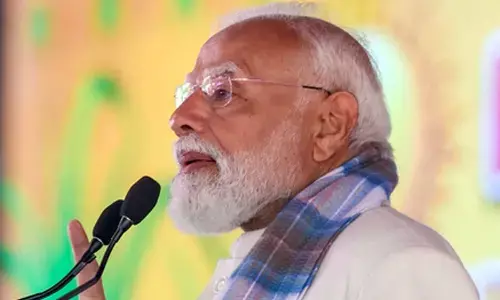General Studies- Paper IV
Most of the candidates who appeared for prelims have already checked the key answers and know about their strengths and weakness. In case they have to get ready for the preparations of 2020 prelims, they have to keep in mind about the examination schedule announced by UPSC well in advance.
Most of the candidates who appeared for prelims have already checked the key answers and know about their strengths and weakness. In case they have to get ready for the preparations of 2020 prelims, they have to keep in mind about the examination schedule announced by UPSC well in advance.
If we go through the schedule, we can observe the pre-ponement of the civils calendar. In 2019 prelims were on June 2 and mains on September 20. But in 2020 it has been scheduled a little earlier. The reason being the civils examination schedule was delayed from 2013 on wards due to so many agitations ands change in the pattern of examination.
Introduction of Ethics paper and reducing optionals to one instead of two are the major changes.
One should closely follow the calendar and act accordingly
GS Paper III
The syllabus of GS paper III contains the following topics:
1. Economic development of India
2. Science and Technology
3. Ecology, environment and biodiversity
4. Security management
5. Disaster management
The question paper contains 20 questions in two sections. Part A consists of 10 questions of 10 marks each. Part B also contains 10 questions of 15 marks each. There is no choice. So the candidates should be well prepared to answer all the topics of the syllabus. The best way is to practice All India test series. The awareness about all governmental schemes should be there. In 2017 the questions were not direct, but in 2018 most of the questions were straightforward. They are very specific. For example, the question Horticulture mission requires knowledge about its genesis and the activities connected with it. In 2018thre were 8 questions on economy. Earlier it used to be about 10.
How to answer
1. First of all read the question carefully
2. Think about the structure of the answer.
3. Be specific in giving the most relevant points
4. Condense your thought into 150 or 250 words as the case may be.
5. Comprehensive coverage of the topic
Major topics that appeared in 2018 question paper
1. Access to affordable, reliable, sustainable and modern energy to achieve sustainable developmental goals. (The goal of the government is to eliminate poverty by 2030)
2. Important changes introduced in Long term capital gains Tax and Dividend Distribution Tax
3. Minimum support price to rescue farmers from low income trap.
4. Role of supermarkets in supply chain management of fruits etc.
5. Bose- Einstein statistics done by Prof Satyendra nath Bose
6. Impediments in disposing of huge quantities of discarded solid wastes.
7. Ramsar concept of wise use in the context of wetland conservation.
8. Sikkim as the first "organic state" in India.
9. China Pakistan Economic Border and India's stand
10. Down ward trend in Left wing extremism
Part B
1. Difference between Niti Aayog and erstwhile Planning Commission- 150 words
2. Protectionism and currency manipulations in world trade affect macroeconomic stability of India
3. Whether National Horticultural mission has succeeded in its activities
4. Whether biotechnology has benefited the field of bio-pharma in India
5. Expansion of nuclear energy programme
6. Biological Diversity Act 2002
7. Difference between Disaster Risk Reduction and Hyogo Framework for Action 2005
8. Justice B N Krishna Committee recommendations on data security
9. Linkages between drug trafficking and other illicit activities such as gunrunning, money laundering and human trafficking.
All these questions are based on the framework of syllabus.
The government policies are to be studied in-depth.
Analysis
If we go through the first question it deals with affordable energy s well s sustainable and modern energy. The idea is to achieve sustainable development goals. The answer can be divided into two parts- one is about energy resources and the policy of the government to provide reliable power supply. Prime Minister has announced several measures in this regard. Progress made in this direction in India is to be quoted with statistics. By eliminating poverty by 2030 the goal is to provide livelihood opportunities. All the relevant points are to be condensed and answer should be straight forward with bullet points to impress the examiner.
Let us discuss about the Justice BN Krishna committee
Justice BN Krishna committee submitted its report on 28th July 2018. The report is on data protection law . the report was keenly awaited for its implications on data handling and processing practice by both Indian as well s foreign companies along with governmental departments. The report was submitted to Ravi Shankar Prasad , union Minister for Electronics and IT.
The report dealt about three issues- The citizens' rights have to be protected, the responsibilities of the states have to be defined but the data protection cannot be at the cost of trade and industry. The report has proposed penalties for violations, criminal proceedings, setting up of a data authority, provision of withdrawal of consent and concept of consent fatigue. The Aadhar act needs to be amended to bolster data protection. All these things are to be highlighted in the answer.


